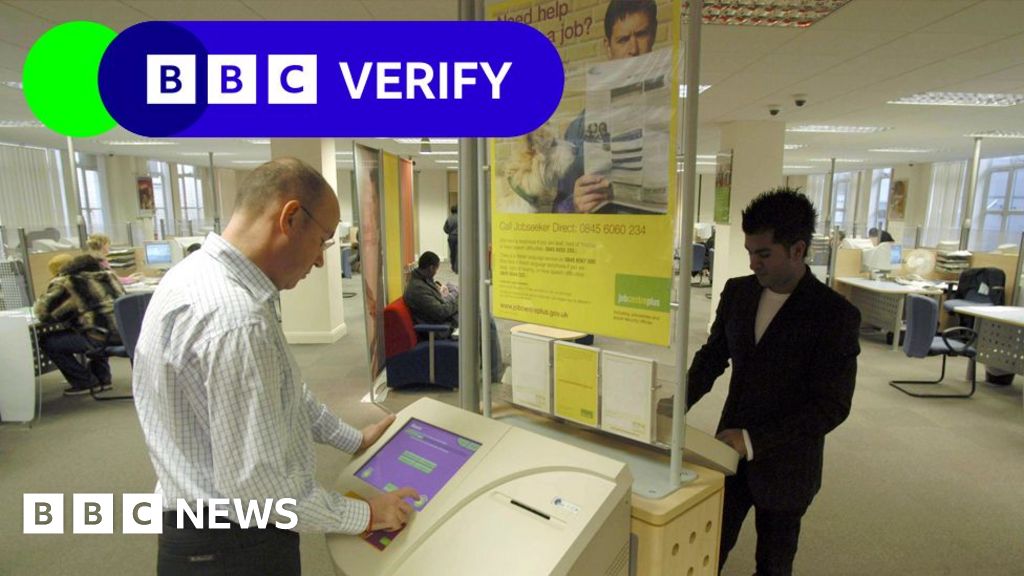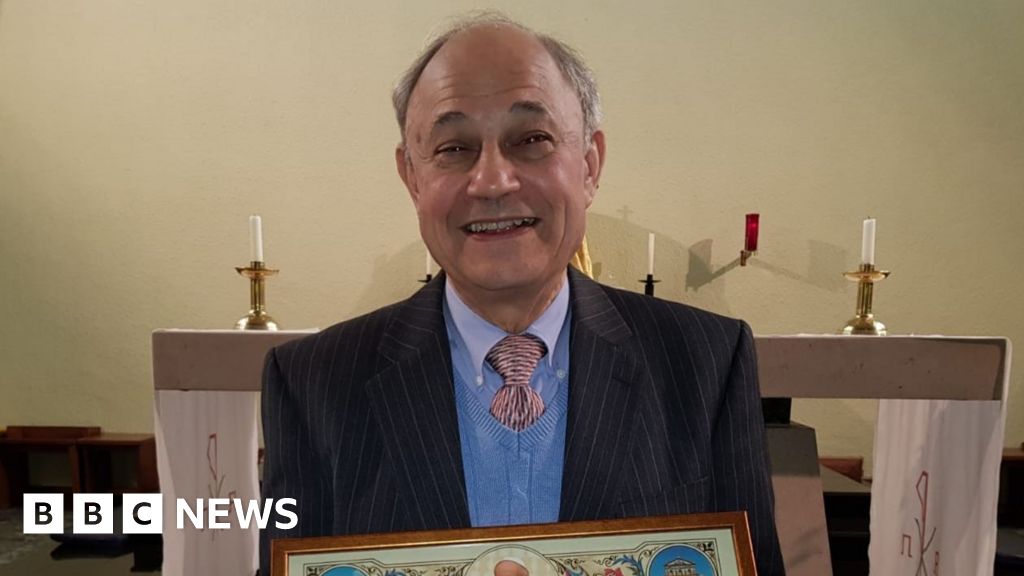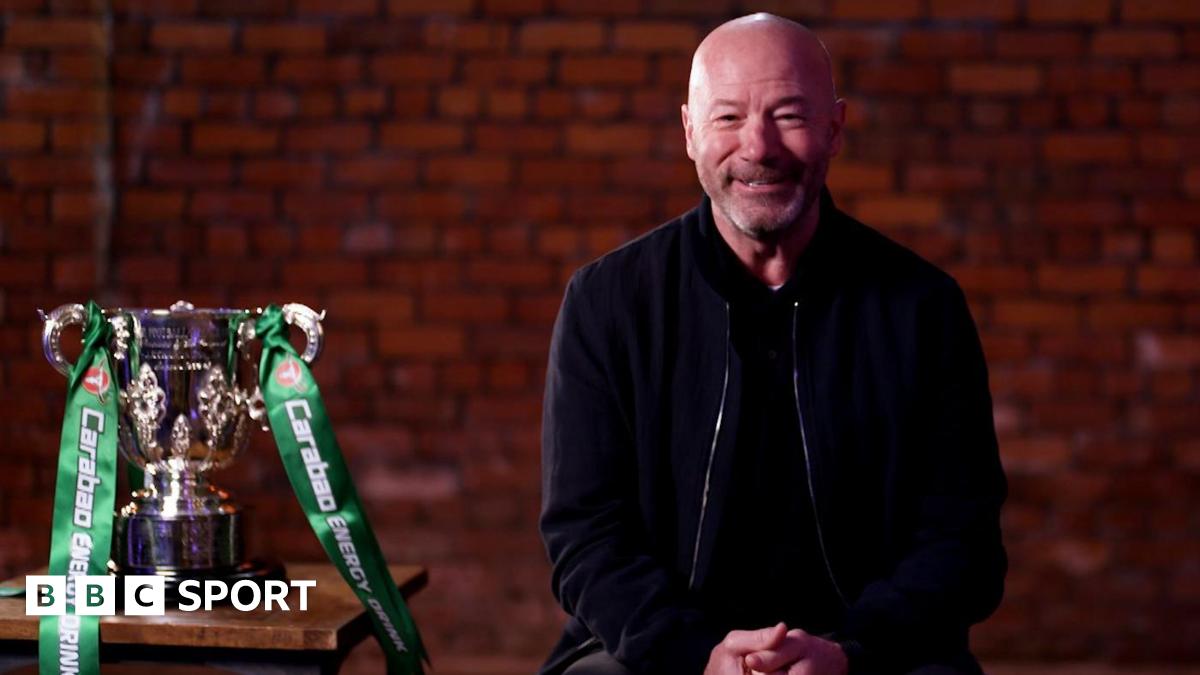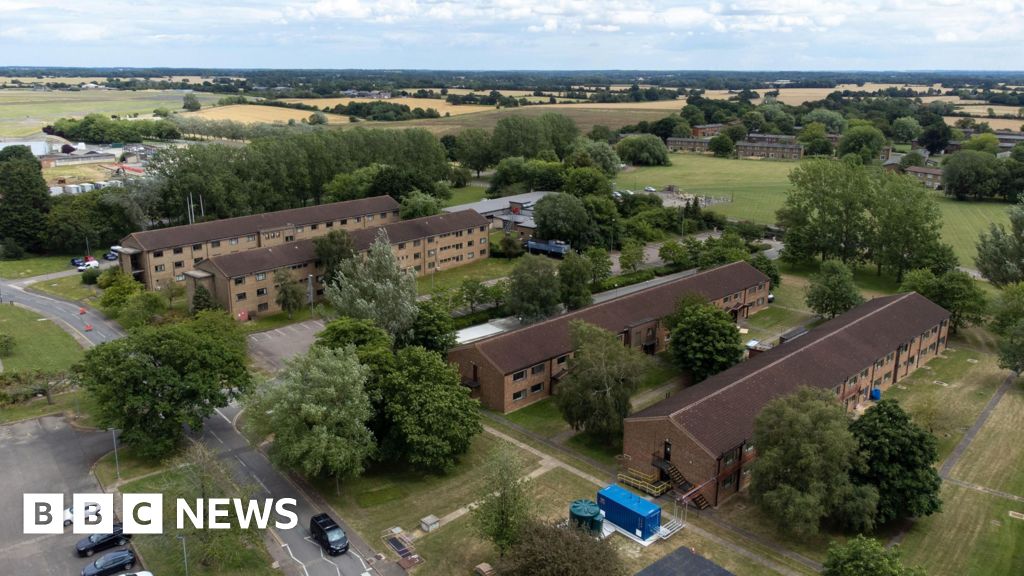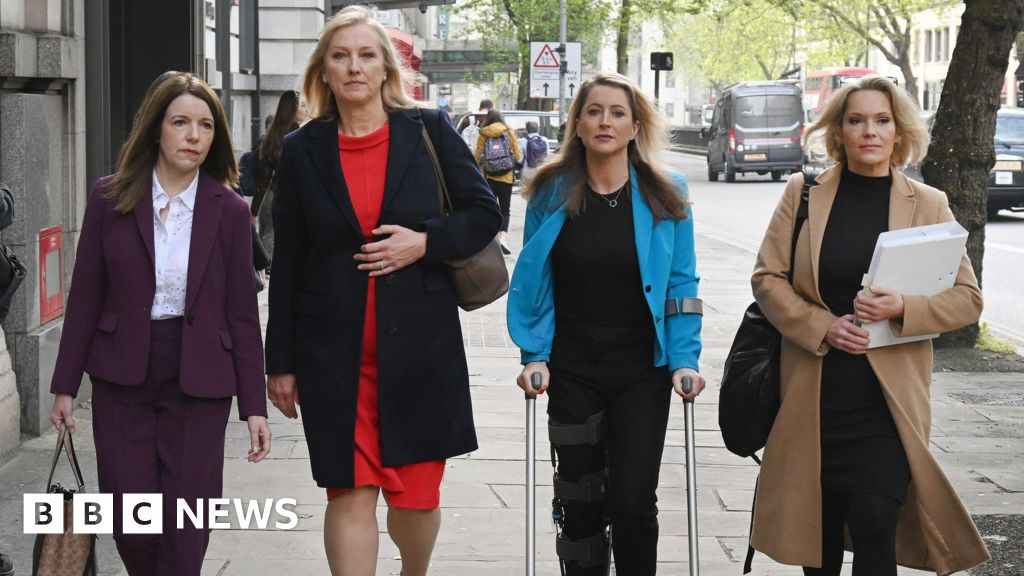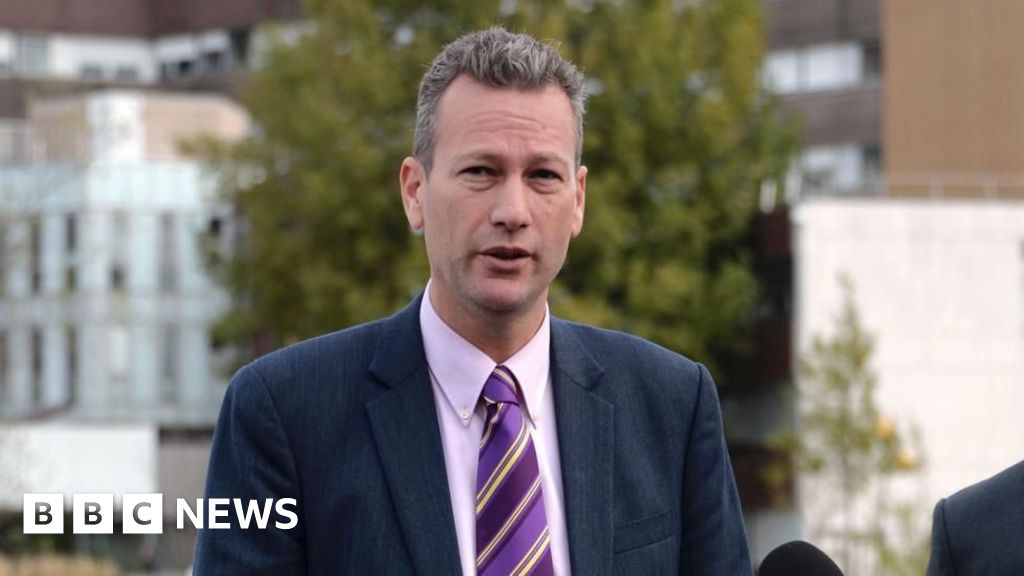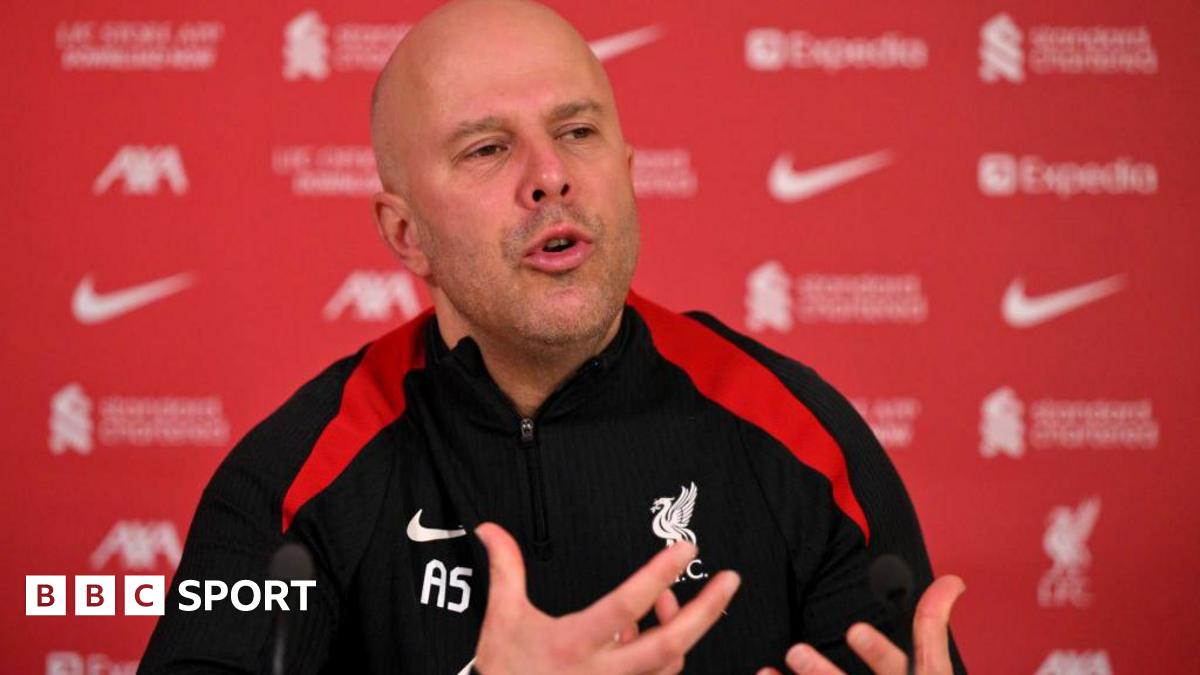Just now
By Rosie Mercer, BBC News

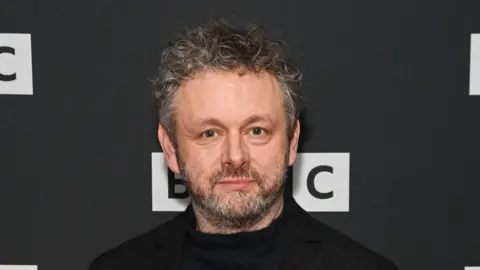 Getty Images
Getty Images
The actor Michael Sheen described what he discovered as "extraordinary"
Michael Sheen was relaxing at his Los Angeles home when something caught his eye on Wikipedia.
It was a single line about a man named Douglas Gowan, who had discovered dangerously high levels of a toxic chemical escaping a landfill near farmland in south Wales.
Disturbed and intrigued, the Hollywood star reached out to Douglas, who by this point was seriously ill and had a matter of months to live.
Sheen arranged to meet Douglas to record his final testimony - sparking a journey into a dark environmental secret.
'A life changing moment'
The story begins in 1967 when Douglas, who was working as a consultant for the National Farming Union, was called to look at a badly deformed calf at a farm near Llantrisant, in Rhondda Cynon Taf.
Douglas had heard odd reports from the area, but what he saw was to change the course of his life.
“I see this calf lying on the grass. Three legs, no tail. Piteous look on its face. No genitalia. It's there in my arms. And it was a life changing moment,” he later told Sheen.
"I wanted to know who was responsible for this, what had caused it. And I wanted those people to be held accountable."

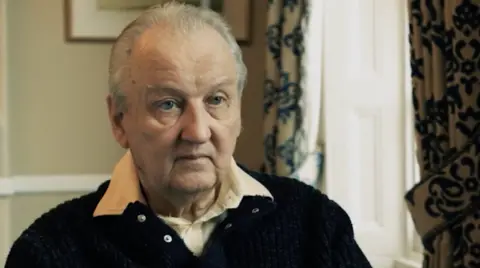 Michael Sheen
Michael Sheen
Douglas Gowan shared his story with Hollywood actor Michael Sheen
Douglas knew where to start.
The farm was next to a landfill site, called Brofiscin Quarry.
He collected samples from the water escaping the landfill and sent them to a laboratory, where scientists found a famous fire-retardant type of chemical called poly-chlorinated biphenyls - more commonly known as PCBs.
PCBs are now known to be highly toxic and production of the chemicals is banned in 151 countries, including the UK.
But back in the 1960s, the chemicals were celebrated and used in products like paint and paper to stop them from catching fire.
The chemicals were largely associated with one company - a US chemical giant called Monsanto - whose European factory was in Newport, south Wales. The company is no longer in existence.
The company had produced thousands of tonnes of surplus PCBs which were being buried in dumpsites.
Douglas began to fear that the chemical was getting into the food chain - via fields, cattle, meat and milk.
He also feared that PCBs were so-called forever chemicals, meaning they would never biodegrade.
More from across the BBC
Douglas was sure he was on to something and worked for years to prove it.
But at the time there was disagreement, as the government's own tests from the site revealed lower levels of PCBs.
Douglas, who died in 2018 at the age of 74, believed there was a conspiracy to silence him and spent a period of time in witness protection.
Most of his key documents were never put into the public domain.
After he died, his confidential documents ended up with an MP who agreed to share them with the hosts of a new podcast called Buried: The Last Witness on BBC Radio 4.
Perhaps the biggest twist of the series is how Michael Sheen came to be involved.

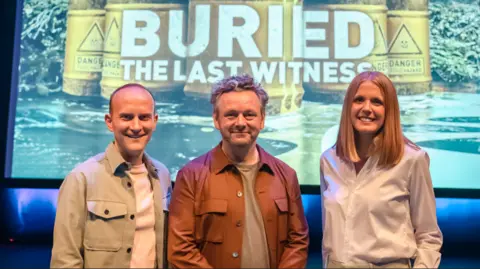
Michael Sheen with podcast producers Dan Ashby and Lucy Taylor
"I'm just sitting in my house in LA, kind of going mad over the computer, thinking 'I've stumbled across something'," Sheen told Dan and Lucy.
"Well, not thinking I've stumbled across something. Thinking, I'm finding out about something that surely people must know about, because this is extraordinary."
Sheen tracked Douglas down in 2017 just a year before he died.
The actor then spent a weekend with Douglas, during which he recorded his full story.
"He seemed very into wanting to tell his story, and also I think it became clear he felt like he might not have long to tell it.
"I suppose, if anything, I was expecting a kind of anti-establishment, rebel, maverick, 'stick it to the man' kind of bloke, and that is not at all what I found," said Sheen.
Douglas, who returned to the south Wales farm to take multiple samples over the years, believed being exposed to PCBs had taken a toll on his health.
"I've got all sorts of problems. Of which… I think virtually all can be attributed to my exposure to PCBs," Douglas told Sheen in the recording.
Douglas was angry, because he said PCBs had cost him and feared they would cost many others in the future.
But he was angrier still that nobody did anything.
The podcast's producer Dan Ashby said: "Most true-crime series have a victim, who we all feel empathy for.
"But in this one, we know the poison, we know the culprits, but the scary question is this: are we all the victims? I've never recorded an investigation that is at once so universal, and so deeply personal."
All episodes of Buried: The Last Witness are available to listen to now on BBC Sounds. Episodes will also be broadcast on BBC Radio 4 each weekday from 24 June.

 8 months ago
11
8 months ago
11
